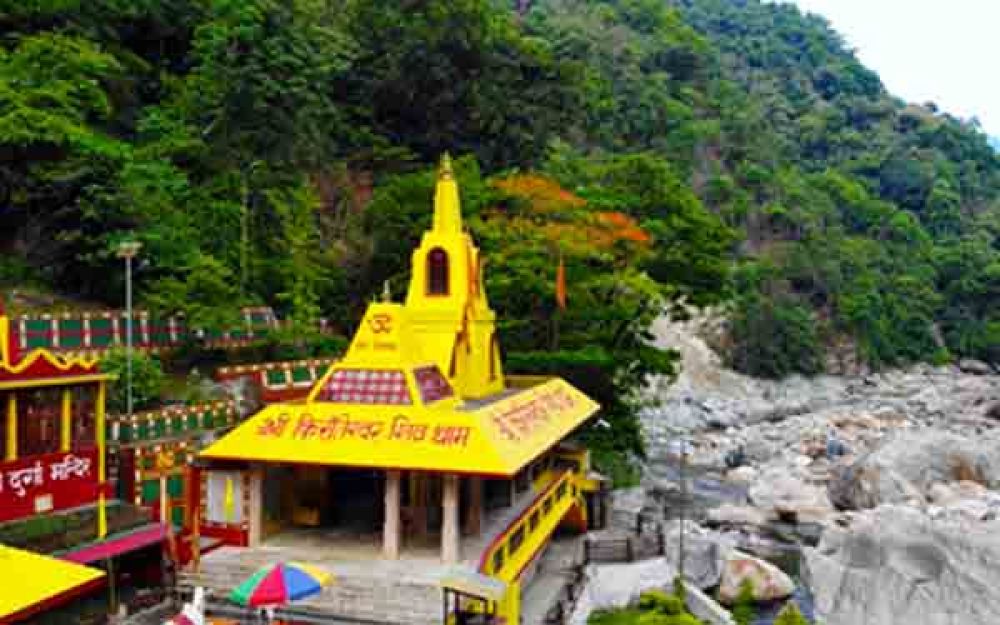

The Kirateshwar Mahadev Temple is one of the most serene spots of spiritual significance in Yuksom, Sikkim, which has over the years become an important destination for religious tourism. Yuksom itself carries a rich historical significance as the first capital of Sikkim, where the first Chogyal (king) was crowned in 1642 AD.
The history of the Kirateshwar Mahadev Temple dates back to an ancient legend associated with the Pandavas from the Hindu epic, the Mahabharata. It is believed that Arjuna, one of the Pandava brothers, meditated at this spot to seek the blessings of Lord Shiva for victory in the Kurukshetra war. Impressed by his devotion, Lord Shiva appeared to Arjuna in the guise of a hunter, which in Sanskrit is called 'Kirata', hence the temple's name. This sacred site is situated on the banks of the Rathong River, adding to its spiritual tranquility. Over the years, it has attracted both devout pilgrims and travelers seeking peace and solitude.
Although Sikkim has been a site of pilgrimage for centuries, it was only after its merger with India in 1975 that tourism began to be promoted systematically. The state's government recognized the potential of tourism for economic development and took steps to develop the necessary infrastructure.
In the 1980s and 1990s, with the opening of new roads and the development of local amenities, tourist activity in Yuksom and the surrounding regions, like the Kirateshwar Mahadev Temple, began to increase. The inclusion of Sikkim in the national tourism map of India, along with the promotion of its natural beauty and cultural heritage, brought in a steady influx of both domestic and international tourists.
With a growing consciousness around sustainable and responsible tourism, Yuksom and the Kirateshwar Mahadev Temple represent a shift towards eco-tourism and cultural preservation. Visitors today are not only interested in the scenic beauty but are also drawn to the stories, traditions, and customs that encompass the local ethos.
Eco-friendly homestays and community involvement in tourism are becoming more prevalent in Yuksom. This gives tourists a closer insight into the lifestyles of the local Sikkimese people while offering them a chance to contribute to the well-being of the local economy and environment.
Furthermore, Sikkim has been declared the first organic state in India, which has generated a lot of interest in agricultural tourism. Tourists are inclined to explore the local farms, enjoy organic meals, and learn about sustainable farming practices.
Another emerging trend is the rise of adventure tourism. The state's varied landscape lends itself to trekking, mountaineering, and river rafting. The Kirateshwar Mahadev Temple, while primarily a religious site, also acts as a starting point for several treks in West Sikkim, including the historical pilgrimage route to the high-altitude lake, Khecheopalri.
In conclusion, the Kirateshwar Mahadev Temple and Yuksom, Sikkim have evolved from a spiritually significant locale to a multifaceted tourism hub, offering a unique blend of religious history, cultural exploration, and sustainable travel experiences. It epitomizes the harmonious coexistence of tradition and modernity, making it an unforgettable destination for any visitor.